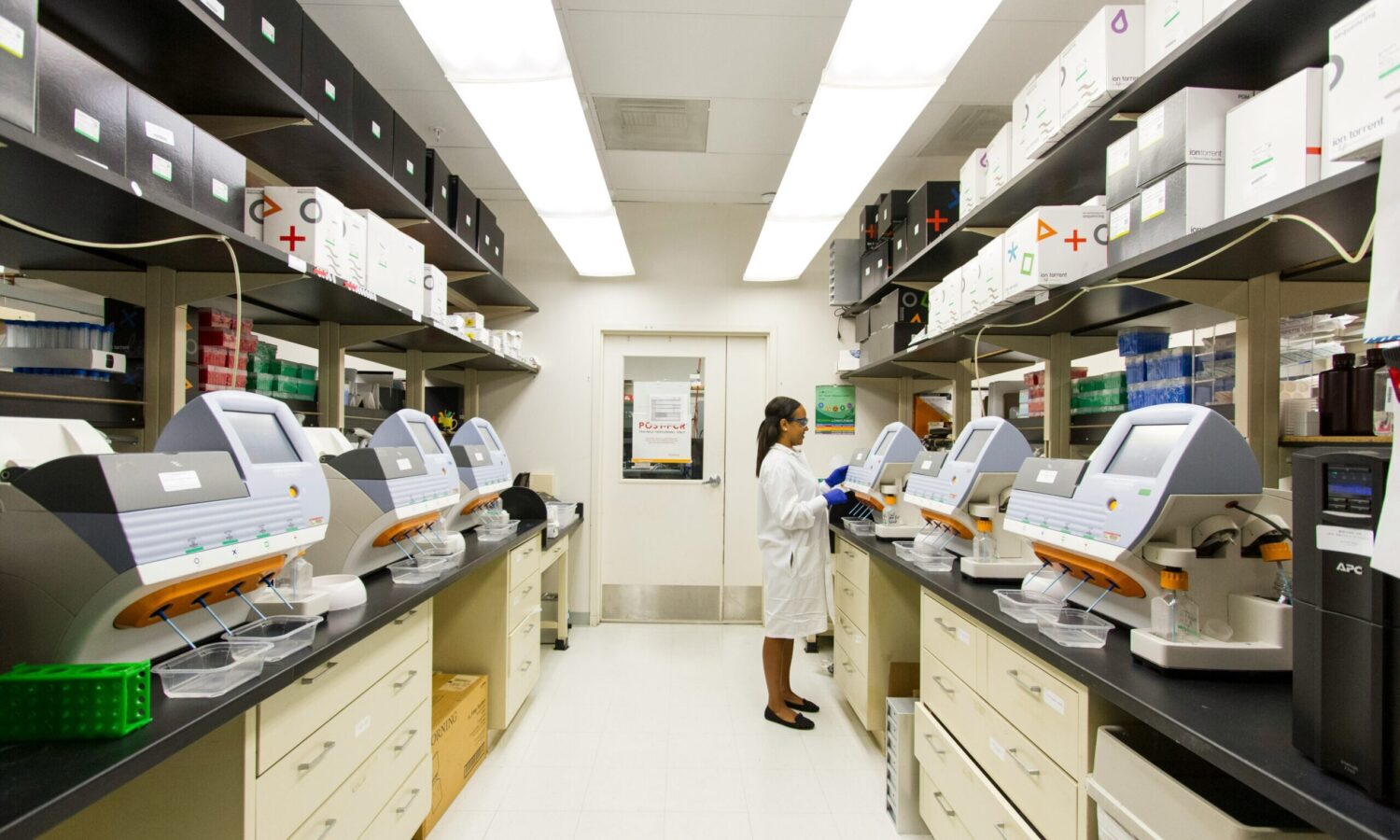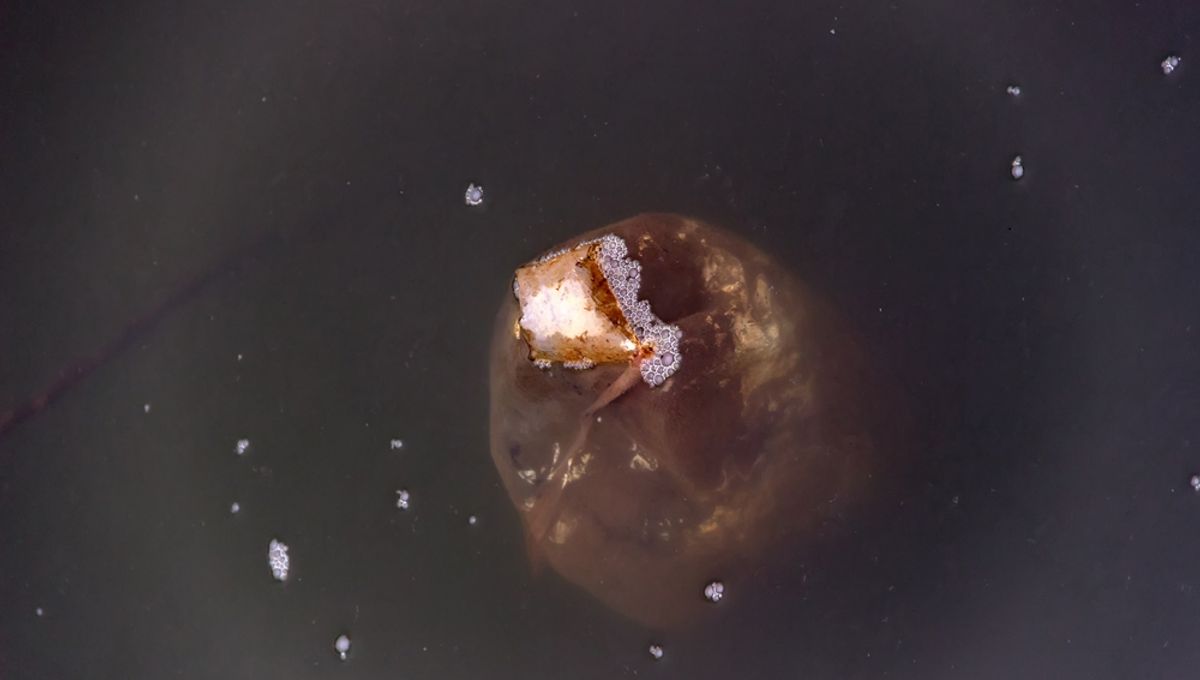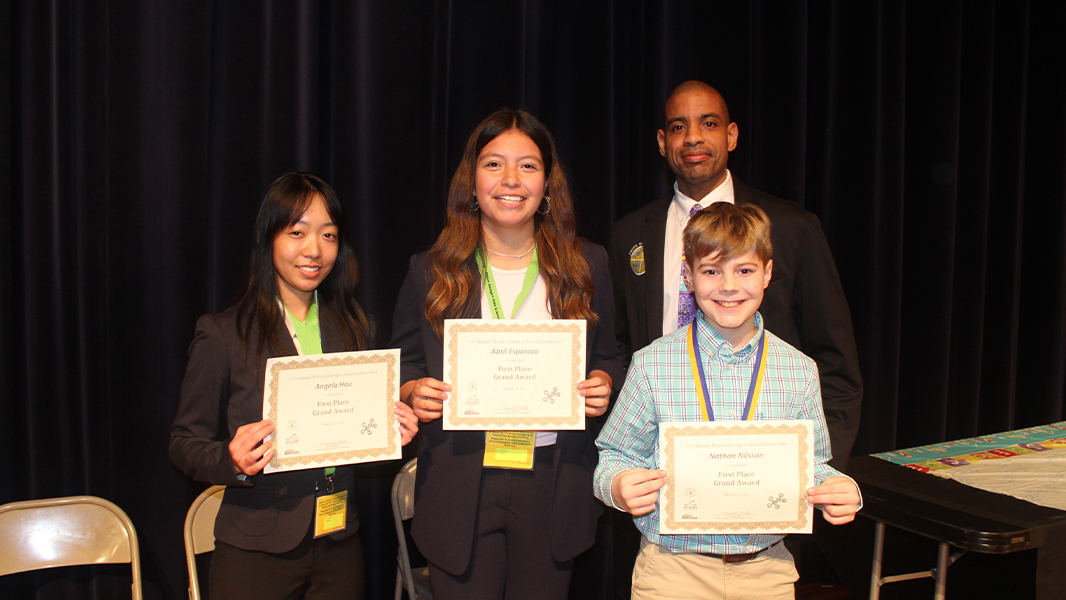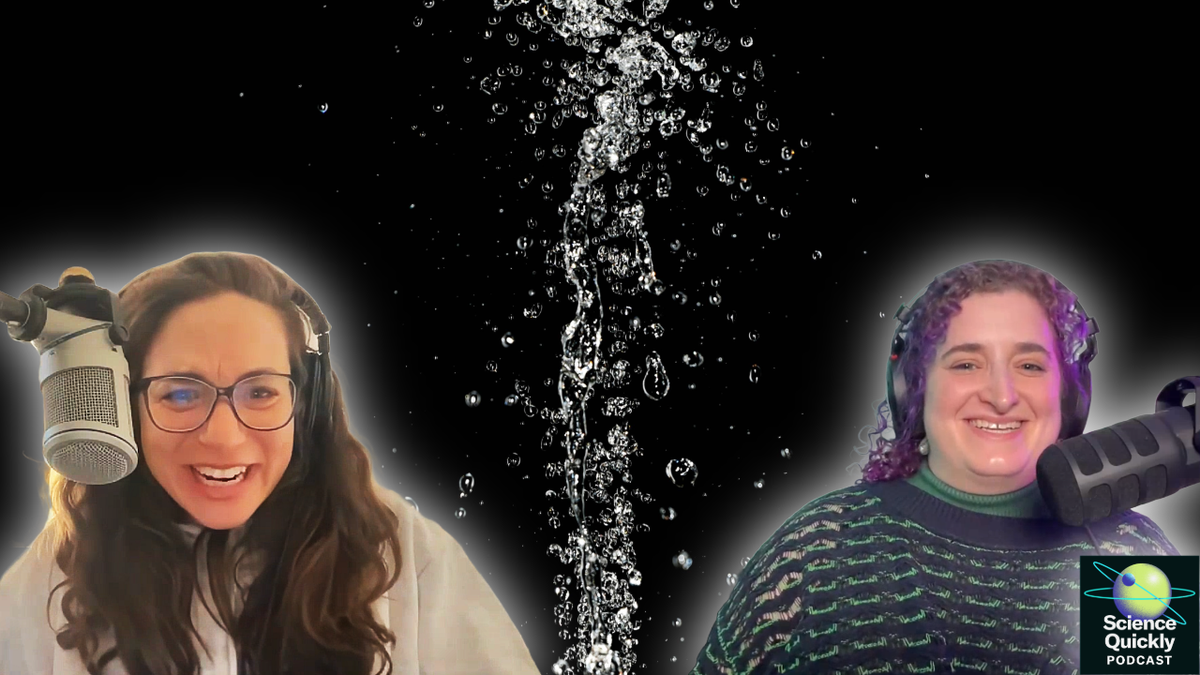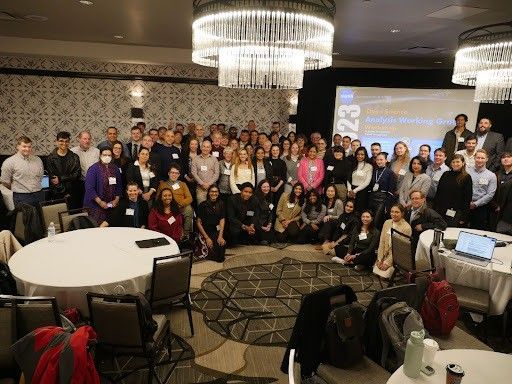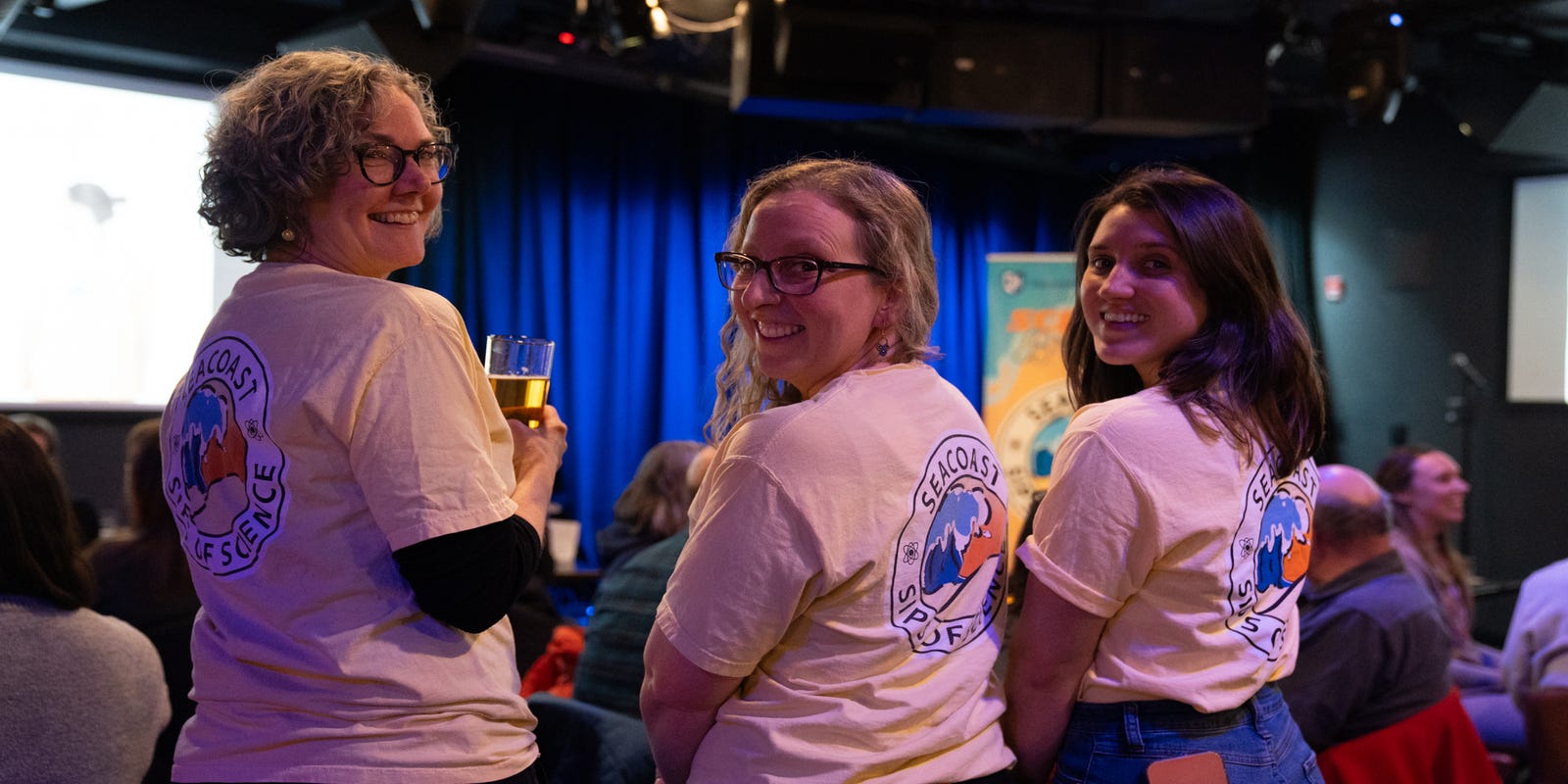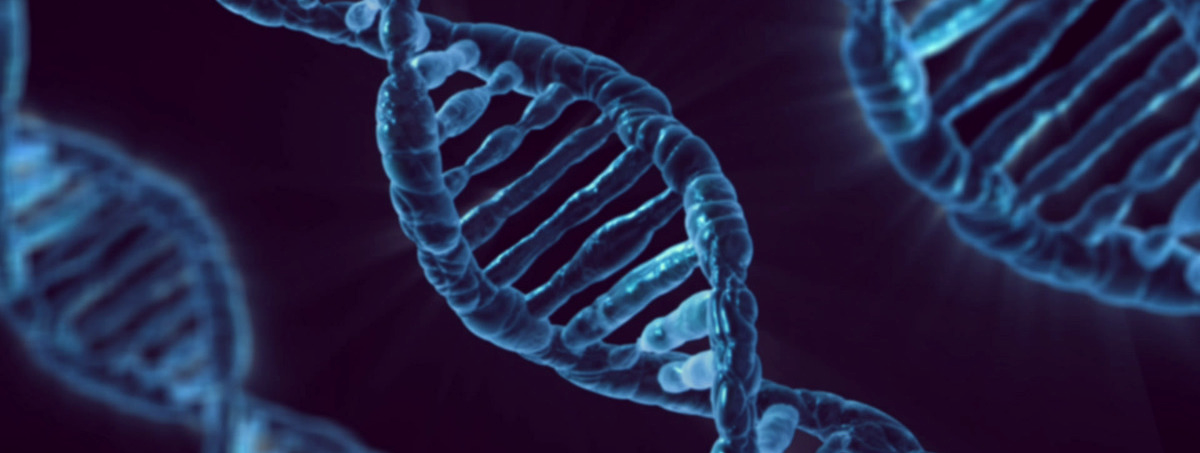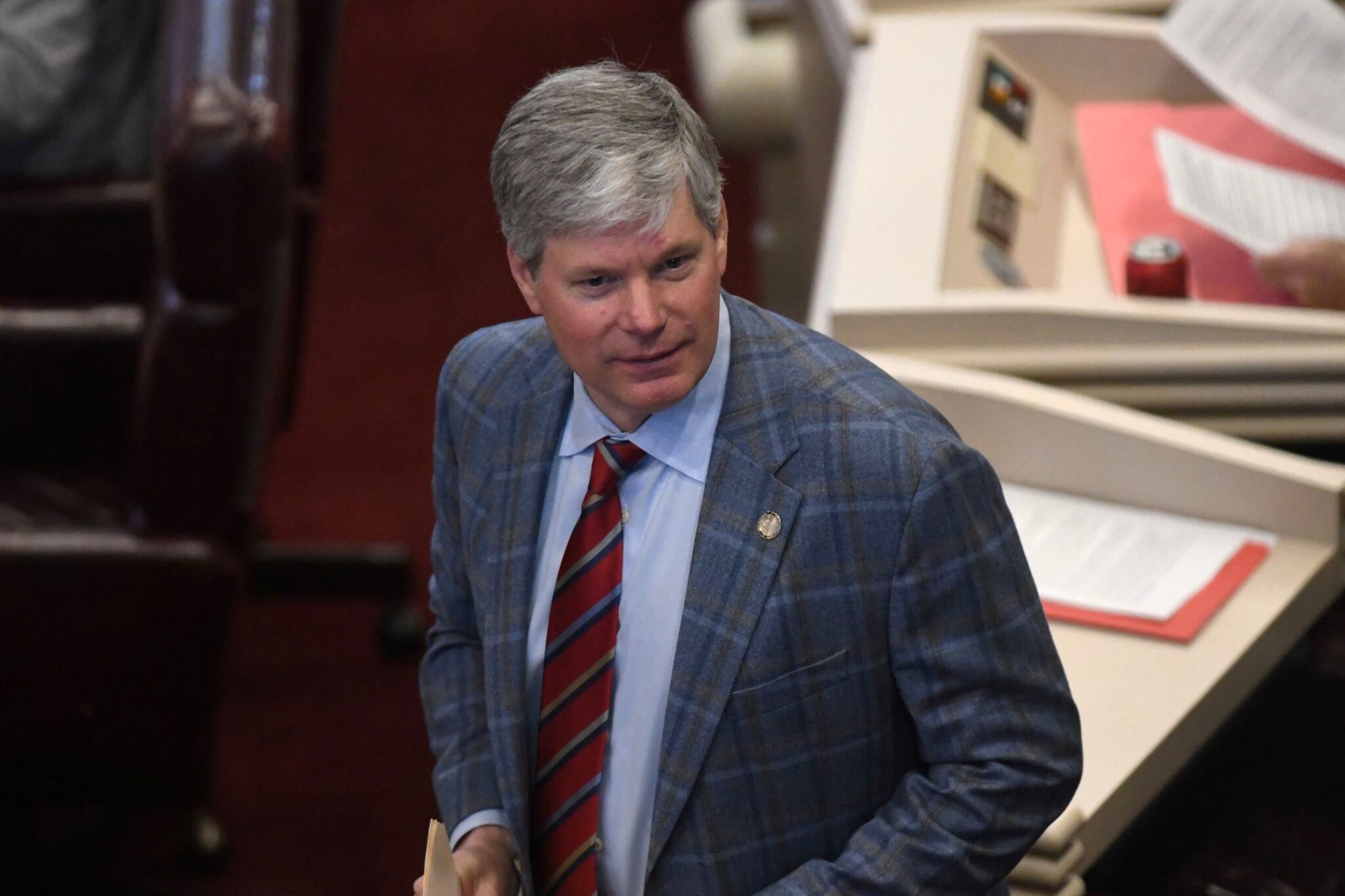
Code or Be Left Behind: Alabama Mandates Computer Science for Diploma
High school students in pursuit of a standard diploma now have an exciting new pathway to fulfill their math and science requirements. House Bill 332 introduces a flexible approach that allows students to substitute a traditional math or science course with a computer science class, opening up innovative learning opportunities. This groundbreaking legislation recognizes the growing importance of technology skills in today's digital landscape. By offering students the chance to explore computer science, the bill not only provides an alternative academic route but also prepares young learners for the increasingly tech-driven job market. The new option empowers students to dive into coding, programming, and digital technology while still meeting their core academic requirements. It's a forward-thinking solution that acknowledges the critical role of computer science in modern education and future career prospects. Students interested in this alternative can now leverage their passion for technology to fulfill diploma requirements, potentially sparking early interest in STEM fields and providing a more engaging educational experience.


